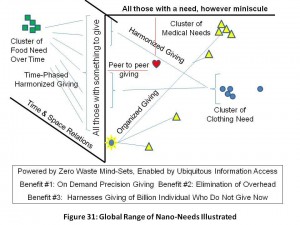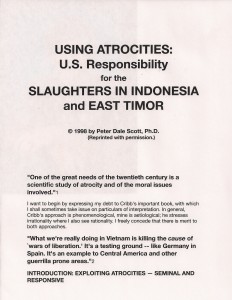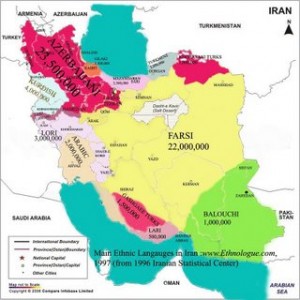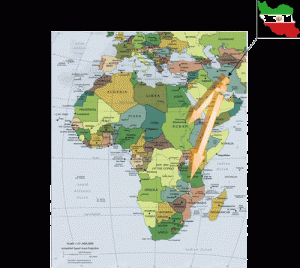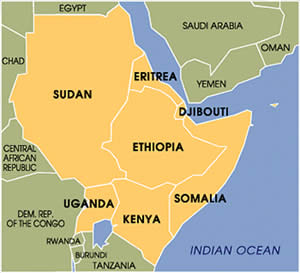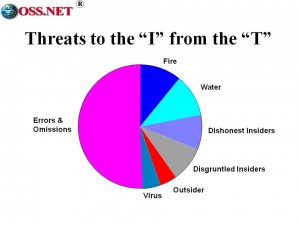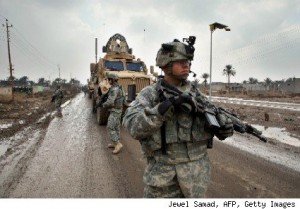
Roadside Bomb Hunting: Learned Skill or Intuition?
Official: Taliban Confident Of Afghan Victory
“They have chosen the IED as the way they are going to fight us,” the intelligence official said, adding the Taliban still engage troops in firefights and use suicide bombers.
“But the IED has had a strategic effect, and it's the weapon of choice. … And I say it's akin to the surface-to-air missile system for the mujahedeen back in the Soviet era.”
AWOL From The Battlefield In war, death of trust invited defeat
With President Obama's announcement the Afghan surge is for 18 months, any possibility trust between U.S. forces and the Afghan people will factor into the stability equation is minimized. Locals will be reluctant to trust U.S. forces just “passing through” the area; reports on militant activity will trickle, not flow, in.
Also missing will be the Afghan people's trust for their own military and police. . . .Trust by NATO troops for Afghan security forces suffers, too, as militants successfully infiltrate such security forces. . . . Additionally, many Muslims in Afghanistan and Pakistan distrust U.S. motives in Afghanistan. . . .
Spirit Of America In Afghanistan
In 2003, Sgt. First Class Jay Smith and his Army Special Forces team were based in Orgun-e, Afghanistan and were taking regular rocket fire from al Qaeda fighters. But Sgt. Smith and his men were armed with an effective counterweapon—gifts of school supplies and sports gear for children, and clothing, shoes and blankets for nearby families, all provided by American donors.
After receiving these items, the grateful villagers reciprocated by forming a night-watch patrol to protect our soldiers. Good relations with locals helped save American lives. I've witnessed this success on the front lines, aided by support from home, repeated many times since Sgt. Smith.
Elsewhere:




